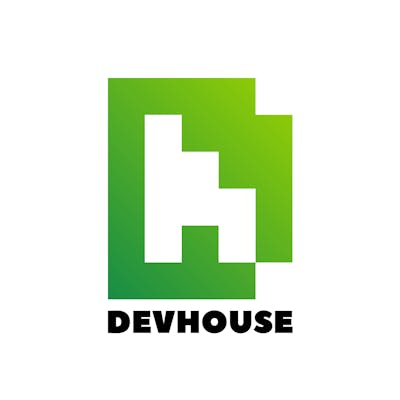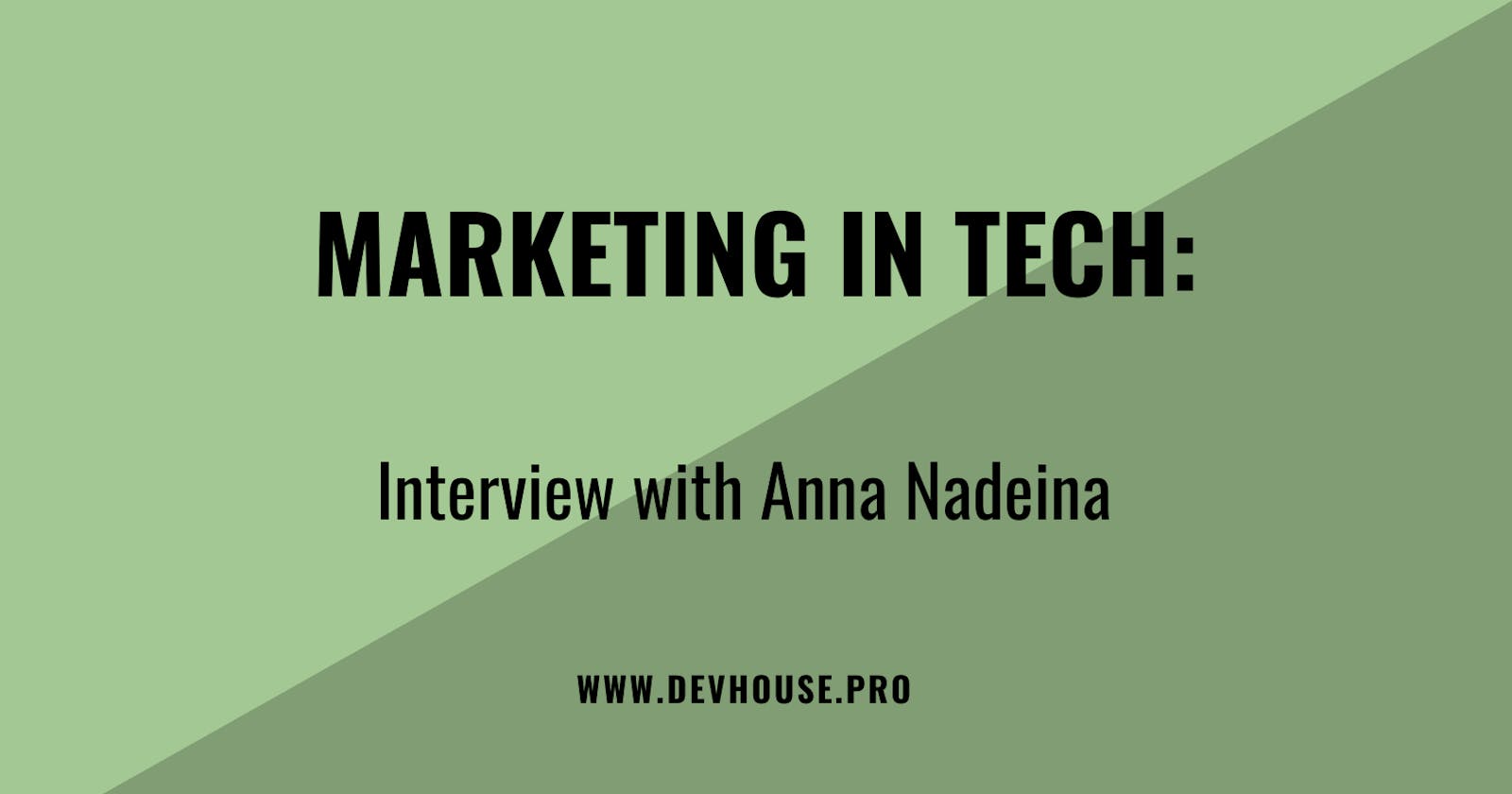The marketing field has long been considered big on opportunities for women versus more technical industries where women are outnumbered. How is it in Marketing for technical companies? Although, it is heavy on the art of behavioral economics and content creation, a part of Marketing is still linked to analyzing and interpreting data.
Today we talk to Anna Nadeina, Marketing Manager for Devhouse to see how to juggle these aspects of the job and if learning the tech specs is important.
Tell us a little bit about your background.
My journey in education was quite interesting. I was extremely lucky to get into a university in Finland that gave students amazing opportunities to study abroad as exchange students and get their double degrees, as well. When I learned about that, I immediately jumped at the opportunity. So, I studied in Finland, the USA, and, finally, China, where I got my double degree in International business. My minor was in Marketing, though, so I started learning about the industry pretty early on.
What made you fall in love with the world of marketing?
I got my first glimpse of the profession when I had my summer internship at First Line Software, one of the biggest IT companies in Russia. I was in a team responsible for their annual IT conference and had to oversee the information about speakers being updated on the website, write social media posts, etc. It was a very much entry-level job but a great experience nevertheless. I learned a lot. Also, I think the overall environment was very creative and freeing and made me think about a career in marketing.
What skills and interests should a Marketing manager have? What’s this job all about for you?
Marketing is about delivering value to customers through content, so I think believing in your product is a big part of success. When I studied Marketing at the university, it was mostly about analyzing buying patterns, looking at tons of data, and, ultimately, boring. Now, it’s more about the feeling you create for the people who use your product. I wouldn’t say that using data and forecasting is no longer a part of the job, but I feel like there’s more freedom now, a lot more opportunities for creativity, and a lot more real communication.
I’m naturally very curious and this is also something that drives me forward in this position. As a marketer, you should always be on top of everything that’s going on, that’s trendy and hyping. I love traveling and new places, so marketing feels like a professional adventure.
I wouldn’t say that using data and forecasting is no longer a part of the job, but I feel like there’s more freedom now, a lot more opportunities for creativity, and a lot more real communication.
You’ve been around quite a bit, how did you get to Devhouse?
Yes, I worked in a few companies abroad and each one gave me wonderful experiences and new sets of skills. For the last 5 years, I’ve been working remotely, so after Covid hit, nothing really changed for me. Except for the fact that with my family we had to move to Stavropol, where, luckily for me, Devhouse is located.
When we moved I had a job and I was pretty happy in my position. Although I was starting to feel like I could benefit from a change of field. My position offered a certain amount of freedom, but I was also longing for something new.
My interview at Devhouse went well, I felt like it was a good place with a healthy working environment. And it certainly is the case. Honestly, I couldn’t have been happier that I found it.
What have you learned at Devhouse that you had not learned at previous companies?
Learning tech jargon was a challenge for me. Creating content is a big part of the job and I have to write interviews and articles about our cases. During our first meeting about the recent development case, I realized that my understanding of the tech terms is about 30%. It took a lot of googling to get everything straight.
Although I also got an amazing amount of support from the team. They really got my back on this one and tried to explain everything in the best way possible. I never felt judged or ridiculed for lack of tech knowledge.
Since then I take a few minutes every day to find the words I still feel uneasy about and transcribe them for future reference. I think it’s a great technique for everyone taking a new role. It certainly made my life easier.
Creating content is a big part of the job and I have to write interviews and articles about our cases.
What does your typical day of work look like?
I usually wake up early and almost immediately check my emails. If there’s something urgent, I try to reply as soon as possible. If not, I get my cup of coffee and head to the office. Then I see if there are any meetings scheduled ahead, when they are, and what I should prepare for them. Content plan constantly needs attention, I have to stay on top of the things to post or create. I am logged into all our social media accounts at all times. If there are any promotions or ads scheduled, I make sure to follow up on the analytics.
This is something I love about this job dearly. It gives me such a scope of absolutely different tasks every day, that my multitasking urge is always fulfilled.
Content plan constantly needs attention, I have to stay on top of the things to post or create.
As a woman in the marketing and communications environment, what challenges do you face within and outside the organization?
Honestly, I think the Marketing field is mostly female-dominated, or, at least, that was my experience. Professional women usually understand what they have to go through to be successful and it’s comforting to know that someone is cognizant of my own experience.
I never felt threatened or underappreciated in my job. Now, at Devhouse, I doubt anybody feels any pressure, we genuinely have each other's backs. It’s a very healthy environment here.
Professional women usually understand what they have to go through to be successful and it’s comforting to know that someone is cognizant of my own experience.
Marketing for tech companies is rather peculiar. What’s in it today?
I believe in authentic content. Even if we’re in tech, we can share interesting powerful stories behind our projects. They shouldn’t only be about the languages we used for development. There are very few people who care why you switched from Node.js to C#. But there are a lot of people who want to know why in a startup environment you wouldn’t want to implement features that are difficult and expensive before testing your hypothesis.
Data analytics. Yes, I said it’s boring. And it is, but it’s also very useful because no matter how cool you think your new campaign is, you also need to know where it worked best, what people wanted from it and whether or not spending an outrageous amount of money on it was justified.
Last but not least, is social media. It’s still the driving force of communication between businesses and customers. Choose the right platform for your needs and tame it. Facebook is getting noisier and harder to navigate, but it’s here to stay, so you better throw it in the mix. LinkedIn has got more powerful, especially since influencers are looking for ways to get more credibility.

